10 QuickBooks Alternatives in 2025 That Will Change the Way You Handle Accounting
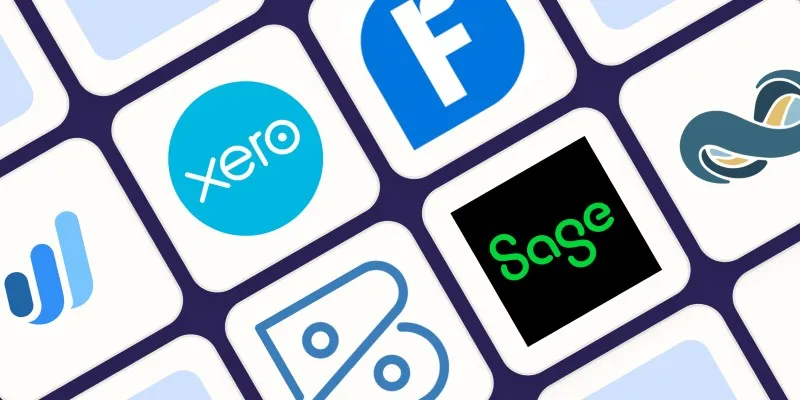
Let’s be honest—QuickBooks isn’t for everyone. Whether it’s the pricing or the constant upselling, or perhaps it just feels clunky after a while. If you’re searching for software that better fits your workflow, you’re not alone. Thankfully, 2025 has introduced a variety of solid accounting tools. Some are simpler, some offer more features, but all provide a fresh perspective on accounting.
The 10 Best QuickBooks Alternatives in 2025
FreshBooks: Built for People Who’d Rather Be Doing Anything Else
For small business owners who want to minimize time spent on accounting, FreshBooks is a solid choice. It effortlessly handles invoices, expenses, and payments without overwhelming you. The mobile app is user-friendly, which is a significant plus. It focuses on essential features without overcomplicating things.
Xero: Quietly Capable, Surprisingly Deep
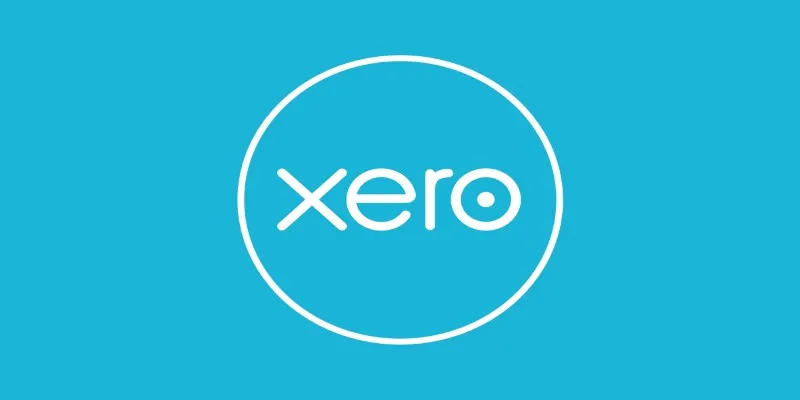
Xero excels in quietly managing tasks like double-entry accounting, payroll, and bank feeds. Its modern layout is easy to navigate, and continual updates enhance its functionality without added complexity. It’s ideal for those who’ve outgrown spreadsheets but still want something straightforward.
Wave: Free, Functional, and Surprisingly Polished
Wave stands out because it’s genuinely free—no credit card required. It’s an attractive option for freelancers and small businesses, offering invoicing, receipt scanning, and expense tracking. While it lacks payroll features outside the U.S. and Canada, it remains highly functional within its scope.
Zoho Books: If You’re Already in the Zoho Ecosystem
If you’re already using Zoho for CRM, email, or project management, Zoho Books integrates seamlessly. While not the flashiest option, it efficiently handles accounting tasks like bank reconciliation and flexible invoicing. It complements other Zoho apps, making workflow smoother and more cohesive.
Sage 50: Old School, but Still Standing
Sage 50 appeals to those who prefer traditional accounting software with depth over design. It’s not the most intuitive but offers features like inventory tracking, job costing, and multi-currency support. It’s ideal for users comfortable with established accounting systems.
Bonsai: Freelancers Finally Get Something Built for Them
Bonsai is specifically designed for solo freelancers. It provides everything from client contracts to time tracking and tax management, all tailored for freelancer needs. It even includes a proposal tool, making it ideal for those balancing creative and administrative tasks.
ZipBooks: Light, Snappy, and Good for Starters
ZipBooks offers a streamlined experience, focusing on essential accounting tasks like invoicing, time tracking, and financial monitoring. Its free plan is quite usable, and the paid plans remain affordable, making it a great choice for those new to accounting software.
FreeAgent: Friendly Enough for Beginners, Robust Enough for the Rest
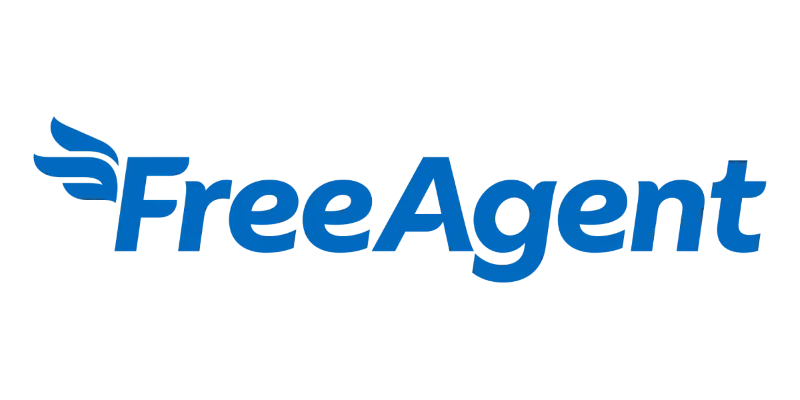
FreeAgent combines ease of use with robust features. Its intuitive dashboard and included features like recurring invoices and bank feeds make it a favorite among UK-based businesses, though it’s equally capable for U.S. users. The support team is frequently praised for its helpfulness.
OneUp: Automation with a Minimal Learning Curve
OneUp is perfect for those who prefer automation. It categorizes bank transactions and updates inventory automatically. It also features a built-in CRM, which is rare for accounting tools. While not flashy, it efficiently handles repetitive tasks.
Quicken: For When Personal and Business Finances Are Tied Together
Quicken is designed for those whose personal and business finances overlap. It tracks both household budgets and client invoices, making it suitable for managing rental properties, side hustles, or one-person operations. It’s more about holistic financial tracking than traditional business accounting.
Choosing the Right Fit Isn’t About Features Alone
While most accounting tools cover the basics—income tracking, reporting, invoicing, and expense management—the key is how they perform these tasks. Some prioritize simplicity, while others offer depth. The best choice is one that you enjoy using daily, as comfort and ease of use are crucial.
Final Thought
QuickBooks remains an option, but if it feels more burdensome than helpful, 2025 offers plenty of alternatives. These ten options provide a mix of simplicity, depth, affordability, and focus. It’s not about finding the best on paper but choosing the one that feels like less work.
Related Articles

The 8 Best Free Photo Editors in 2025 That Rival Photoshop
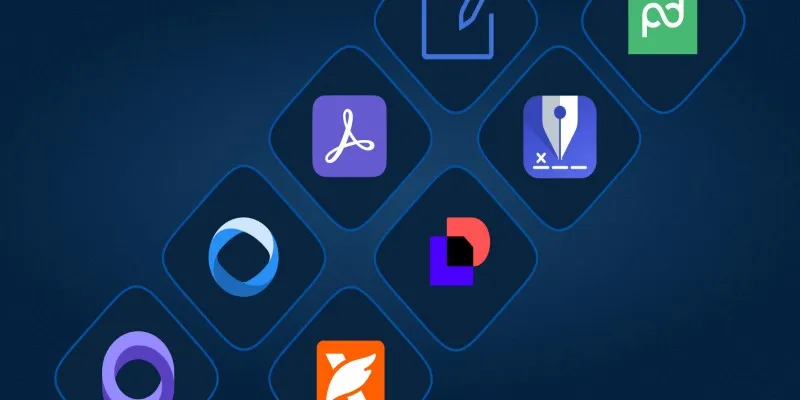
The Best DocuSign Alternatives in 2025 for Simple, Secure E-Signatures

The Tool Debate: Browser-Based or Installed

Top Free CRM Software in 2025 to Organize and Grow Your Business

The 6 Best AI App Builders in 2025 for Fast, No-Code Development

The Best Free Small Business Software in 2025 to Run Smarter, Not Harder
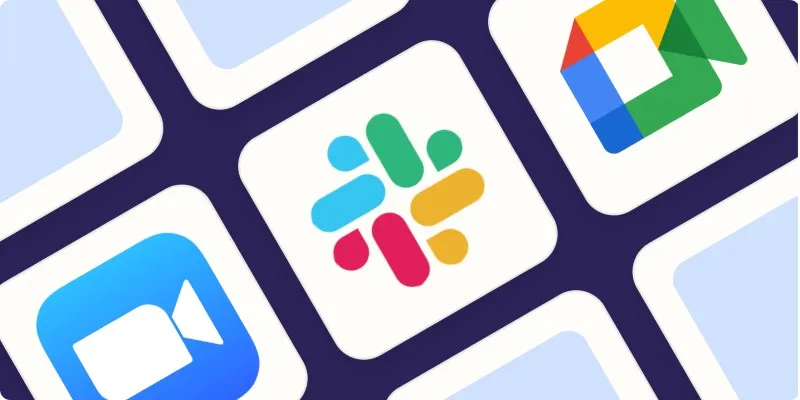
The Best Screen Sharing Software in 2025 for Smooth, Lag-Free Collaboration
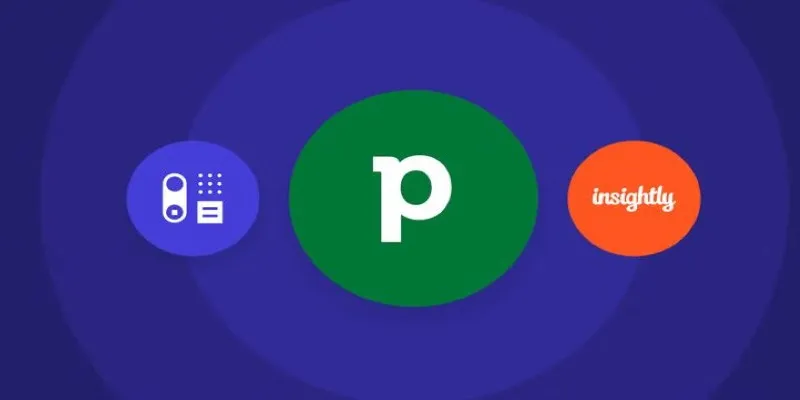
The 7 Best Pipedrive Alternatives in 2025 for Streamlined Sales and CRM Control

The 10 Best Email Drip Campaign Software in 2025 to Automate Your Outreach

Top Dictation Software to Try in 2025 for Seamless Speech-to-Text Conversion

Beyond QuickBooks: 10 Fresh Alternatives to Elevate Your Accounting Game in 2025

The 12 Best Digital Marketing Tools in 2025 to Amplify Your Strategy
Popular Articles

ClickFunnels vs. ActiveCampaign: A Comprehensive Comparison for 2025

Step-by-Step Guide to Creating XML and HTML Sitemaps for WordPress

The 10 Best Email Drip Campaign Software in 2025 to Automate Your Outreach

Best Free Tools to Resize Bulk Images Before Uploading to WordPress

Convert Videos for Pocket PC Easily Using Free Video Converters

Best Clipboard Manager Apps for Android Devices in 2025

The Best Methods to Remove Objects from Photos: 3 Effective Solutions
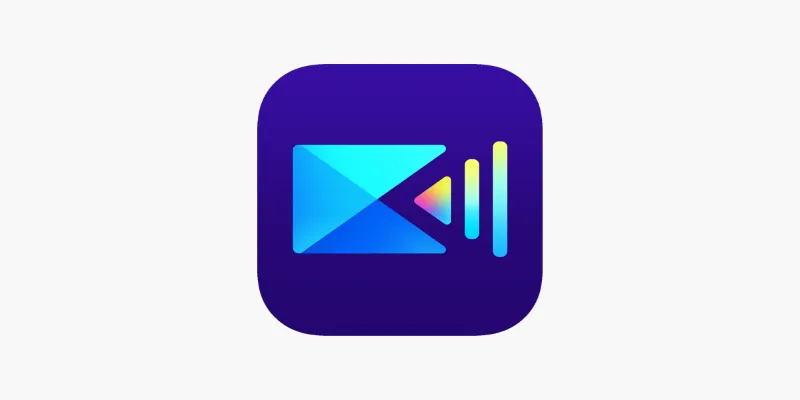
PowerDirector: A Fast and Accessible Video Editing Tool for Everyone

How to Convert HEIC to JPEG Online Without Extra Apps or Programs
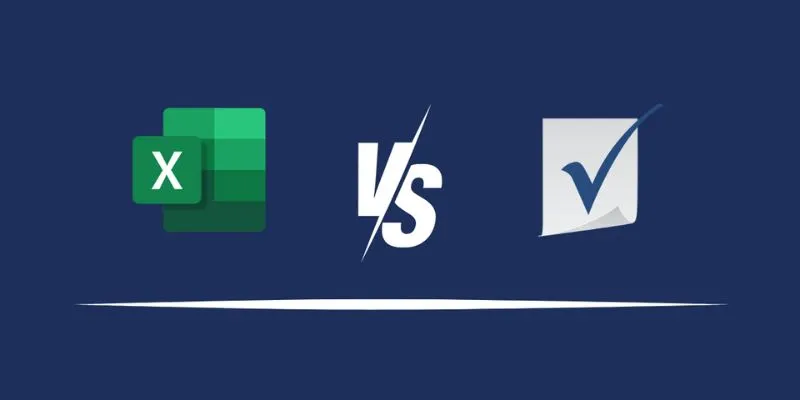
Excel or Smartsheet: Which is the Better Option for Project Management?
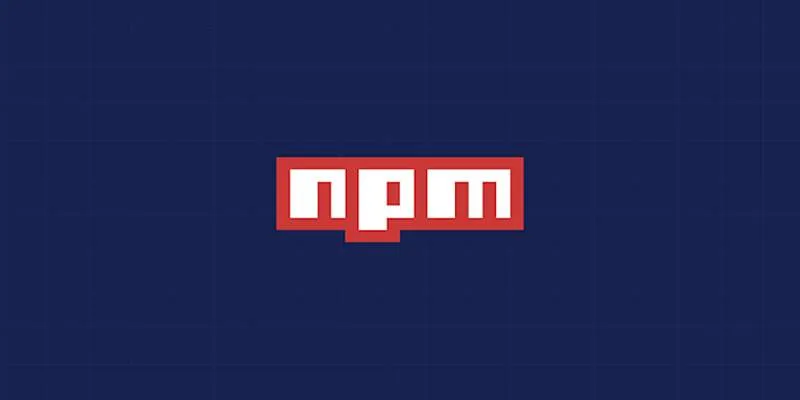
Fixing Slow or Stuck NPM Installs: Proven Ways to Speed Things Up

 mww2
mww2